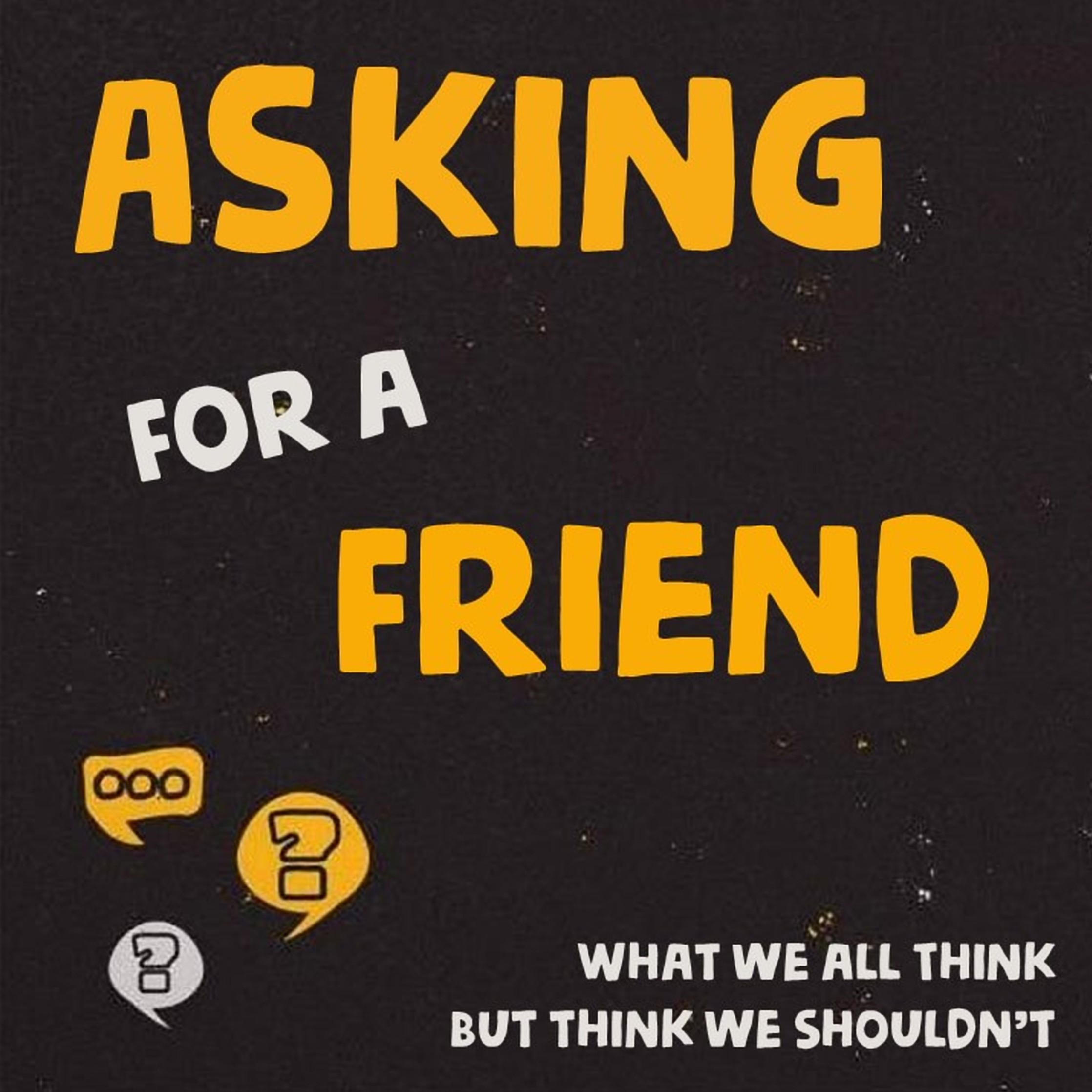Loneliness is the default state of human existence. If intentional steps aren’t taken–by ourselves or someone else–we’ll end up lonely. The Beatles said it well:
All the lonely people
Where do they all come from?
All the lonely people
Where do they all belong
Loneliness may also be the most painful emotion a person will ever experience. It is difficult to imagine something more difficult than not having friends or family in our lives. We can endure many things, but loneliness doesn’t seem to be one of them. The first negative statement in the Bible attests to this: It is not good for man to be alone (Gen 2.18). Consequently, without companionship, the human soul will never feel joy or contentment.
It’s important to understand: loneliness is not the same as being alone. It has nothing to do with marital status, having kids, or being picked to join a team or be in a club. Loneliness goes deeper than that. It’s the absence of connection. It’s the absence of friendship.
Friendships are the result of knowing and being known by another person. That takes work–work and a genuine concern for other people. Rather than put in the work, we often allow laziness or good old-fashioned selfishness to stand between us and a good friendship.
It’s nothing short of tragic.
A good friendship will keep you warm during a cold season of life. A friend will make good times better and bad times bearable. Friends lighten the load, watch your back, and help you out when you’re in a tough spot. Friends are the people who answer our calls for help with no expectation of being paid back. They’re just there for us, and we’re there for them.
Solomon unpacks all of this and more in his powerful message on companionship.
(This message is based on Ecclesiastes 4)
Podcast: Download (Duration: 33:07 — 15.3MB)









